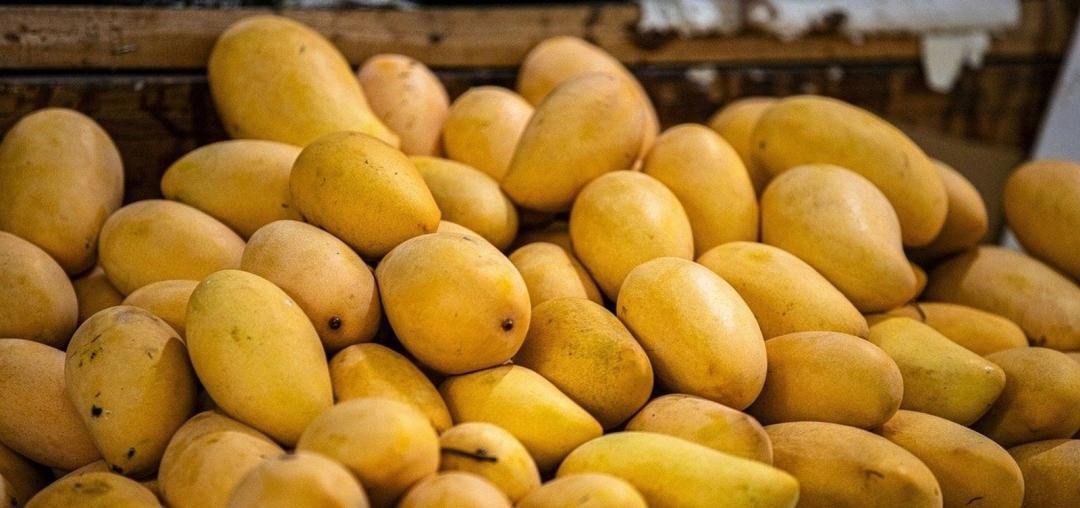 |
|
The recent rejection of at least 15 Indian mango shipments by US authorities highlights the critical importance of meticulous documentation in international trade. The failure to comply with import regulations, however minor it may seem, can lead to significant financial losses and disruptions in the supply chain. In this instance, the estimated losses of $500,000 (over ₹4.2 crore) underscore the vulnerability of exporters to regulatory hurdles. This incident serves as a cautionary tale for businesses engaged in cross-border commerce, emphasizing the need for thorough due diligence and adherence to the specific requirements of each importing country. The fact that the shipments were rejected upon arrival indicates a potential breakdown in communication or a lack of understanding of US import protocols on the part of the Indian exporters. It is imperative for exporting companies to invest in training and resources to ensure that their documentation processes are robust and compliant with international standards. Furthermore, this situation raises questions about the role of government agencies and trade organizations in providing support and guidance to exporters. Are sufficient resources available to help businesses navigate the complexities of international trade regulations? Are there mechanisms in place to proactively identify and address potential compliance issues before they escalate into costly rejections? The consequences of non-compliance extend beyond immediate financial losses. Rejected shipments can damage a company's reputation, erode customer trust, and create logistical nightmares. In the case of perishable goods like mangoes, delays and rejections can lead to spoilage, further compounding the losses. Moreover, such incidents can strain diplomatic relations between countries and trigger trade disputes. It is therefore essential for governments and industry stakeholders to work together to foster a transparent and predictable regulatory environment that facilitates smooth cross-border trade. The US market is a major destination for Indian mangoes, and disruptions to this trade flow can have ripple effects throughout the agricultural sector. Farmers, packers, transporters, and retailers all stand to lose when shipments are rejected. The long-term impact on the Indian mango industry could be significant if these types of incidents become more frequent. To mitigate the risk of future rejections, Indian exporters should consider implementing stricter quality control measures, enhancing documentation protocols, and establishing direct communication channels with US regulatory agencies. They may also want to explore the possibility of obtaining pre-clearance certification from US authorities to ensure that their shipments meet all applicable requirements before leaving India. Collaboration between Indian and US regulatory agencies is also crucial to address the root causes of documentation lapses. Regular dialogues, information sharing, and joint training programs can help to bridge the gap in understanding and promote greater compliance with import regulations. Furthermore, the adoption of digital technologies, such as electronic documentation and blockchain-based traceability systems, can enhance transparency and efficiency in the supply chain, reducing the risk of errors and delays. In the wake of this incident, it is important for all stakeholders to learn from the mistakes that were made and take proactive steps to prevent similar occurrences in the future. By investing in compliance, fostering collaboration, and embracing innovation, the Indian mango industry can strengthen its position in the global market and ensure the continued flow of high-quality fruit to consumers around the world. The incident further underscores the need for diversification in export markets. Relying heavily on a single market exposes exporters to greater risks. Exploring alternative markets and building relationships with new customers can help to mitigate the impact of disruptions in any one particular country. This diversification strategy can also create new opportunities for growth and expansion, making the Indian mango industry more resilient and competitive in the long run. Finally, it is important to acknowledge the human element in this situation. The rejection of these mango shipments undoubtedly has a significant impact on the livelihoods of the farmers and workers who depend on the mango industry for their income. Their hard work and dedication are essential to the success of the industry, and their well-being should be a top priority. Efforts to improve compliance and strengthen the supply chain must take into account the needs and concerns of these individuals, ensuring that they are not disproportionately affected by regulatory changes or trade disruptions. The incident serves as a stark reminder of the interconnectedness of the global economy and the importance of collaboration, compliance, and resilience in international trade. The Indian mango industry must learn from this experience and take proactive steps to ensure that it can continue to thrive in the face of ever-changing challenges and opportunities. The path forward requires a concerted effort from all stakeholders, including government agencies, industry associations, exporters, and farmers, working together to build a stronger, more sustainable, and more competitive mango industry for the future.
